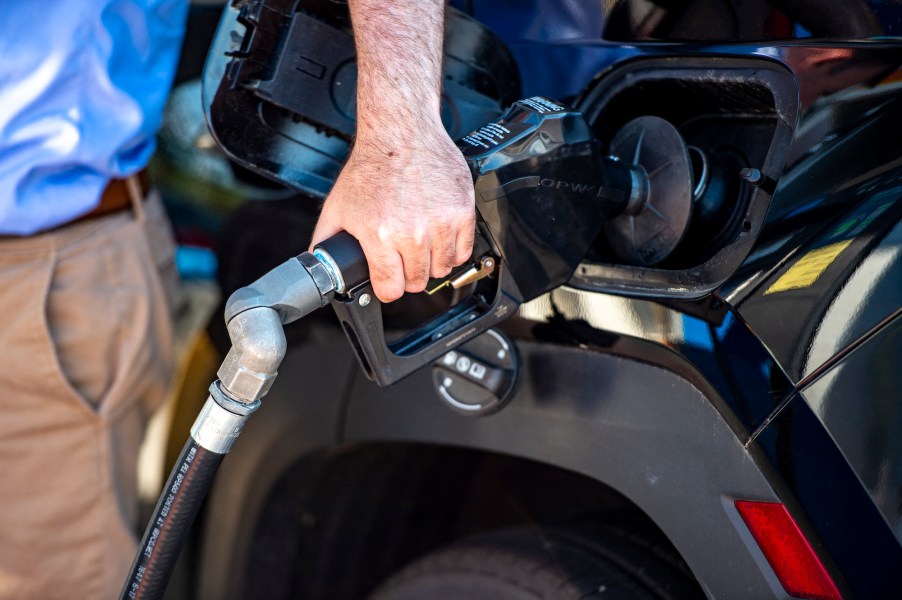
Reportedly, if You Pump Your Gas in New Jersey or Oregon, You Could Possibly Pay a $500 Fine
Gasoline prices have reached record highes in recent months. All parts of the U.S. have seen the impacts of the unprecedented gas costs. For drivers in New Jersey and Oregon, one proposal to help combat the price of gas has been to allow drivers to pump their own gas. It may seem bizarre, but self-service gas stations are forbidden in these two states, and pumping your own gas could result in a fine of up to $500.
Why pumping your own gas is illegal in New Jersey and Oregon

According to CNN, self-service gas stations have been illegal in Oregon and New Jersey since 1951 and 1949, respectively. These restrictions on pumping your own gas are intended to increase safety, as self-service gas stations are believed to have a higher risk of fires. Having gas station attendants pumping gas also makes it easier for those with disabilities, as self-service pumps may not be accessible.
These laws may seem inconvenient or unnecessary for drivers in the other 48 states, but the culture of full-service gas stations is ingrained in New Jersey and Oregon. The idea of moving away from these is not as popular as an outsider might expect.
Additionally, it would cause an employment issue if either Oregon or New Jersey eliminated their full-service stations. The full-service gas stations employ at least one attendant to fuel vehicles, and their jobs would be at risk if state laws changed.
Despite how ingrained and widespread full-service gas stations may be, there was a bit of a shift in Oregon in 2018 when a new law allowed towns with populations less than 40,000 to have self-service pumps.
Changing to self-service stations could help drivers save money
Recently, pressures from the pandemic and gas price crisis have led New Jersey and Oregon to consider alternatives to their gas station laws.
Earlier this year, Oregon state officials considered House Bill 4151. According to Willamette Week, the bill would allow residents to pump their own gas, but stations would still have attendants available. Like many other industries, gas stations in Oregon have struggled to maintain adequate staff since the pandemic’s beginning. This has increased the time Oregon drivers have had to spend getting gas, as fewer attendants have been working. It seems that HB 4151 has stalled, which means that Oregon laws are unlikely to change soon.
New Jersey also introduced a bill called A3105 that would allow for self-service gas stations. This bill is also unlikely to progress, but it does highlight how current high gas prices are making the full-service stations in New Jersey more of an issue. According to NJ.com, some advocates in the state believe that drivers could pay as much as 15 cents less per gallon if they pumped their own gas.
Decades ago, all gas stations had attendants to pump gas
Oregon and New Jersey might be the only states still forbidding self-service gas stations, but laws like this were much more common. In 1968, 23 states had laws similar to the bans currently in New Jersey and Oregon. These bans resulted from successful lobbying from gas station owners who stressed the perceived fire dangers associated with self-service gas stations.
By 1980, though, the culture was changing, and self-service pumps became more popular in the US. Gas stations changed their business models. They moved away from employee attendants to convenience stores selling snacks and other goods. Self-service stations continued to take over most parts of the country outside of Oregon and New Jersey.


